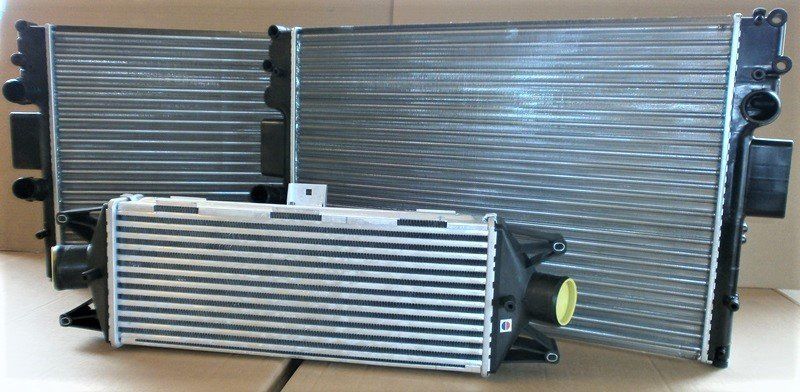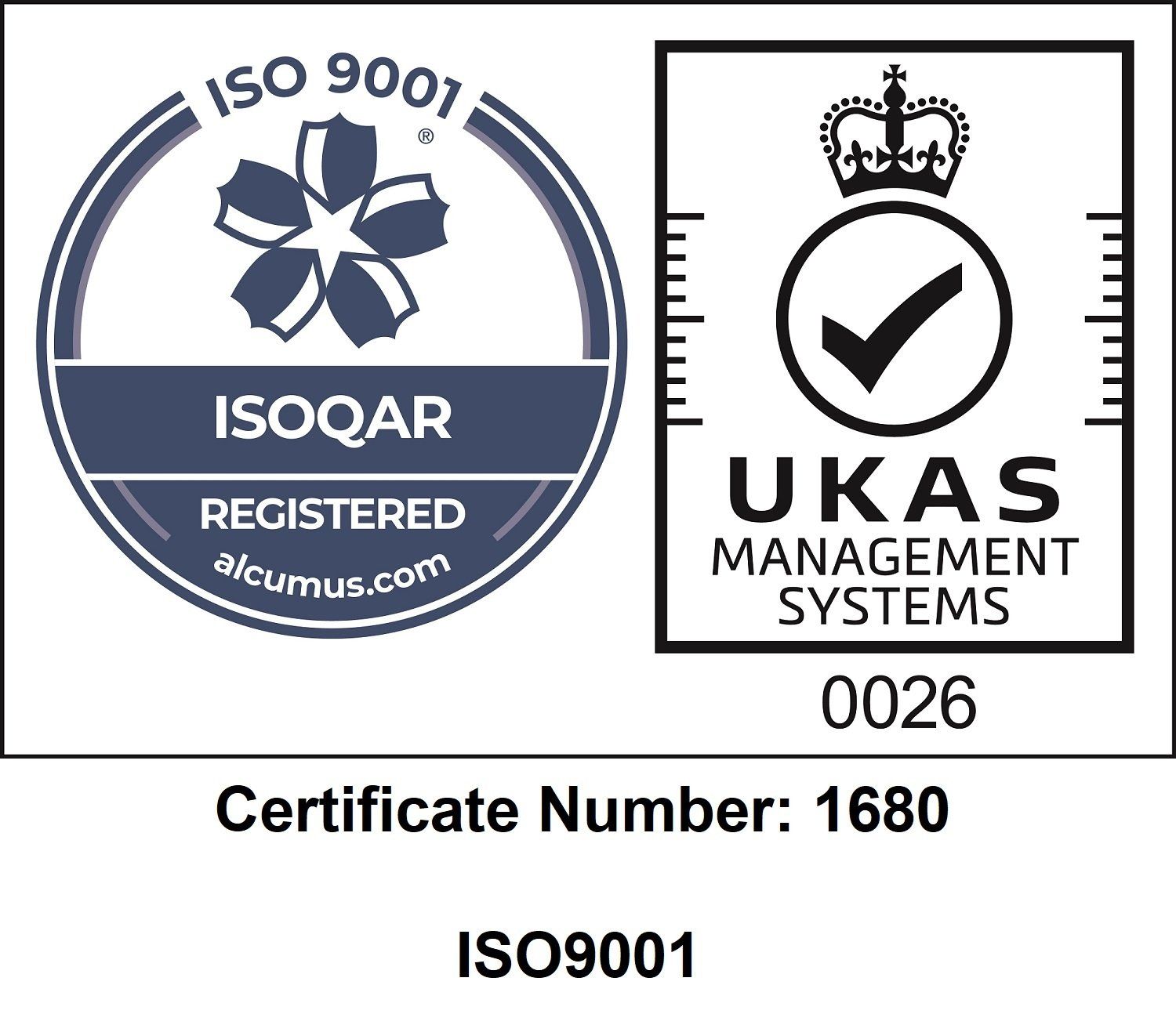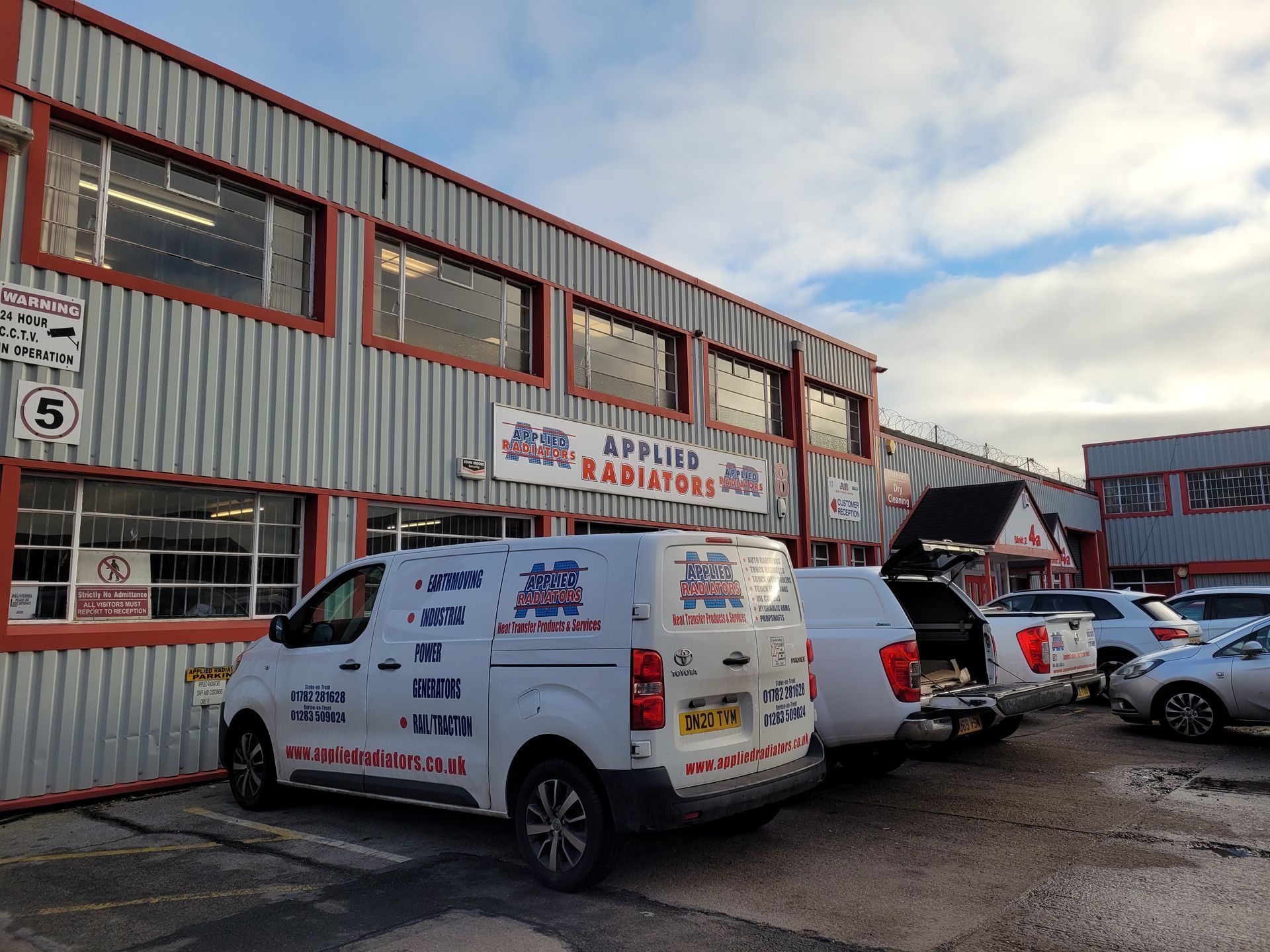How To Take Care Of Your Car
It pays to take the finest possible care of your car because it's probably one of the biggest investments you'll ever make. A well-maintained car will function more effectively, contribute to your safety, and be less likely to break down, which would waste valuable time and cost you more money. Even if you don't go far and your car is new, regular maintenance is essential: A car is a sophisticated piece of machinery that requires maintenance and regular use to be in good condition. While some tasks should only be performed by professionals.
Keep It Tidy
There are more useful reasons to get the bucket and sponge out than just the satisfaction of driving around in a spotless automobile. Keeping your car's licence plates, lights, door mirrors, and windows clean is a legal requirement. Clean windows might obstruct your view, dirty lighting and mirrors are less effective, and dirty number plates are harder to read. It's crucial to maintain a spotless interior in your vehicle. Buttons and knobs can stop functioning properly if they are covered in dirt and grime. Additionally, debris could restrict the handbrake, gear stick, and pedals. A litter that gets wedged behind the brake pedal is particularly risky and may even result in accidents.
Check Engine Oil
The moving components inside the engine are lubricated by the engine oil. Lubrication has a significant impact on the engine's performance and lifespan. Your car features an indicator to let you know when the engine oil pressure is low for this reason. As part of routine maintenance, oil level and condition checks are made. Periodically top off your engine oil, and if it has degraded, replace it. Check the oil level and condition using the dipstick on the reservoir. Your vehicle is leaking oil if you detect an unusual decline in engine oil levels. Check it out right away. Fill it up with the specified oil type if the level is low.
Spark Plug Check
Spark plugs will be present in your car if it runs on gasoline. They frequently go unnoticed by owners despite being essential for accurate and effective engine functioning. Your car will have four or more spark plugs, depending on the type. In petrol engines, the spark plug produces the spark required to ignite the hot air and fuel mixture. The spark plugs' tips will eventually accumulate carbon deposits, which will prevent them from working properly. The performance of the engine is directly impacted, and a misfiring engine is a typical symptom.
Test Tyre Pressure
Regularly check the pressure in your tyres, preferably once every week or 10 days. This is crucial since the right tyre pressure directly affects safety, ride quality, tyre life, and fuel economy. The owner's manual and the side of the driver's seat both list the recommended tyre pressures. This ranges between 30 and 35 PSI, depending on the vehicle. When tyres are inflated properly, they have an even grip on the pavement and wear uniformly. Tyre pressures that are too high or too low are bad and can affect the suspension parts. Tyre inflation is typically free and simple enough for anybody to perform.
With over 25 years of experience behind us and a wide range of knowledge about radiator repairs and radiator replacement, the team at Applied Radiators is well-equipped to help you find the best cooling or heating solution for your industry and application. Contact us today.




